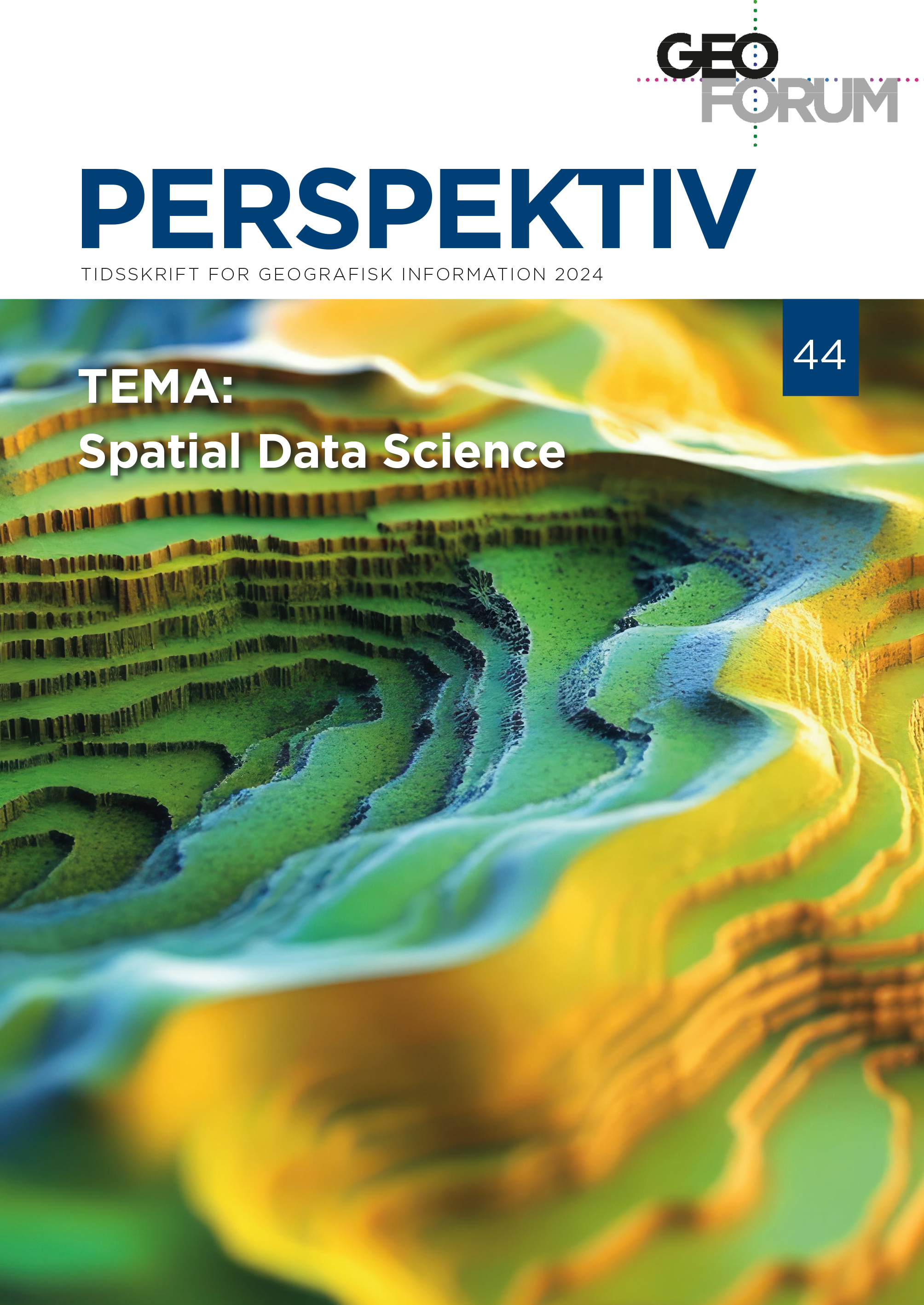Data-driven decision-making in Guldborgsund Municipality
Towards a political decision-making model
DOI:
https://doi.org/10.54337/ojs.perspektiv.v23i44.8388Abstract
Despite a prevailing narrative of counter-urbanization to and within Danish rural areas, quantitative registry data indicates that most rural municipalities in Denmark are challenged by depopulation. Combining principles and methods from spatial data science and business intelligence disciplines, this article analyzes migration data at the address level for all address changes in a Danish rural municipality over a 17-year period. In response to the perception that migration patterns and demographic challenges are typically seen as complex, bordering on incomprehensible, a theoretical perspective based on complexity theory is adopted, wherein municipalities and other administrative units are viewed as complex social systems. It is generally observed that the municipality's settlement strategy does not reflect the results of the analysis on several key points, and there are clear indications that it is only the rural areas of the municipality that are depopulating. Additionally, prior association to the municipality as a migration incentive is observed and quantified , which in itself is an original contribution to the research literature on planning. The overall contribution of the article is thus significant for both the management of and research into rural areas, which could have a significant impact on the future of rural areas.
Downloads
Published
Issue
Section
License
Copyright (c) 2024 Peter Søder, Ole Dittmer Andersen

This work is licensed under a Creative Commons Attribution-NonCommercial 4.0 International License.
Authors publishing on Geoforum Perspektiv retain full but non-exclusive rights in their articles, and are required to use the Creative Commons license CC by-nc 4.0 when submitting their work.





